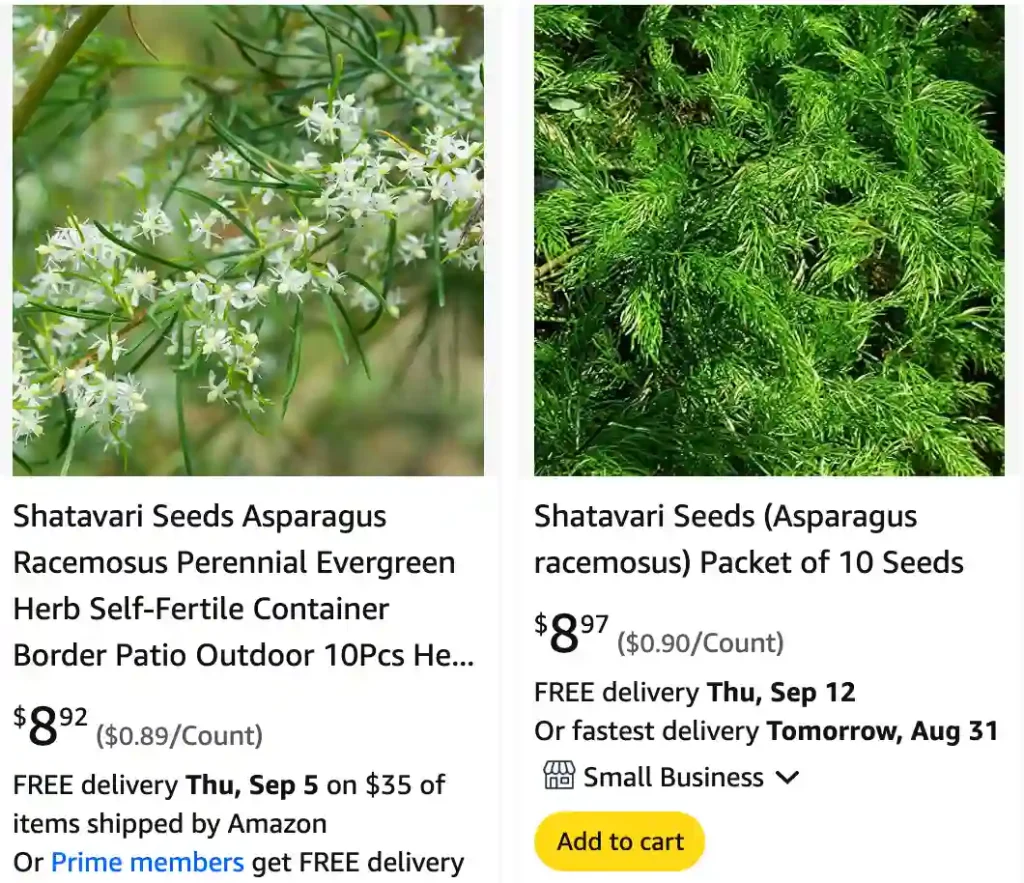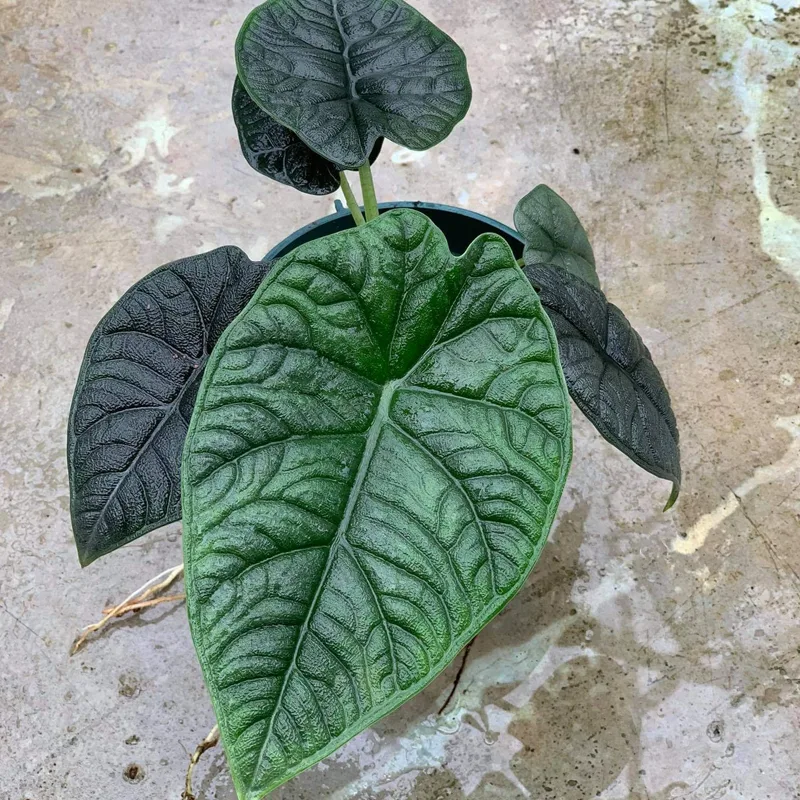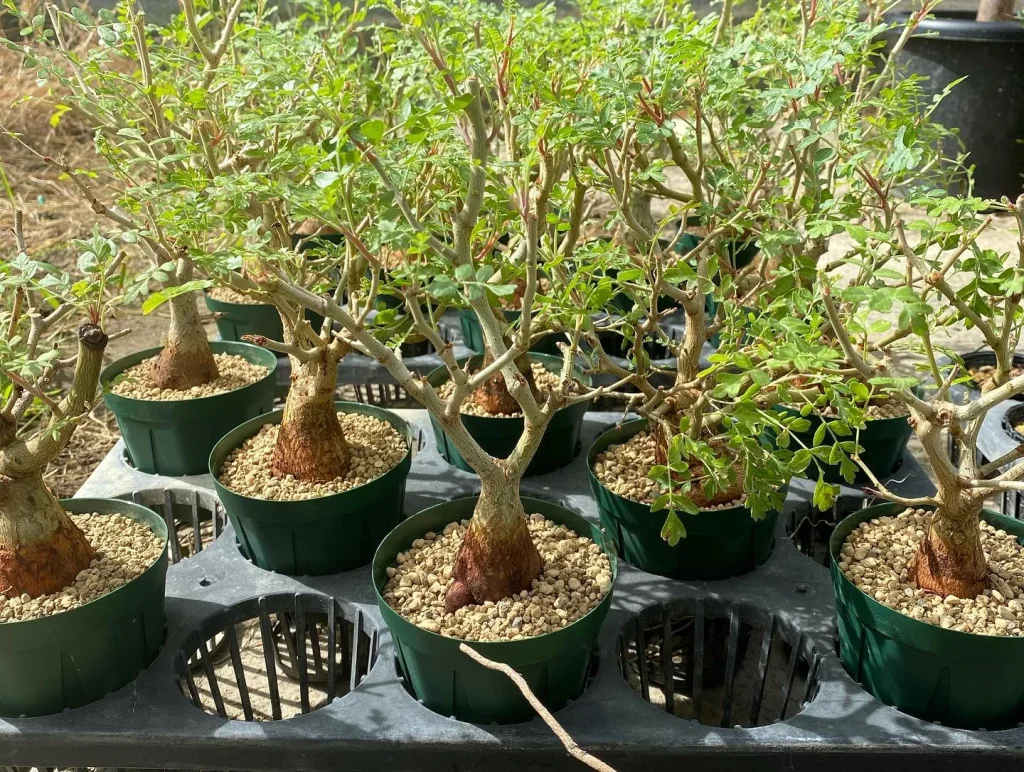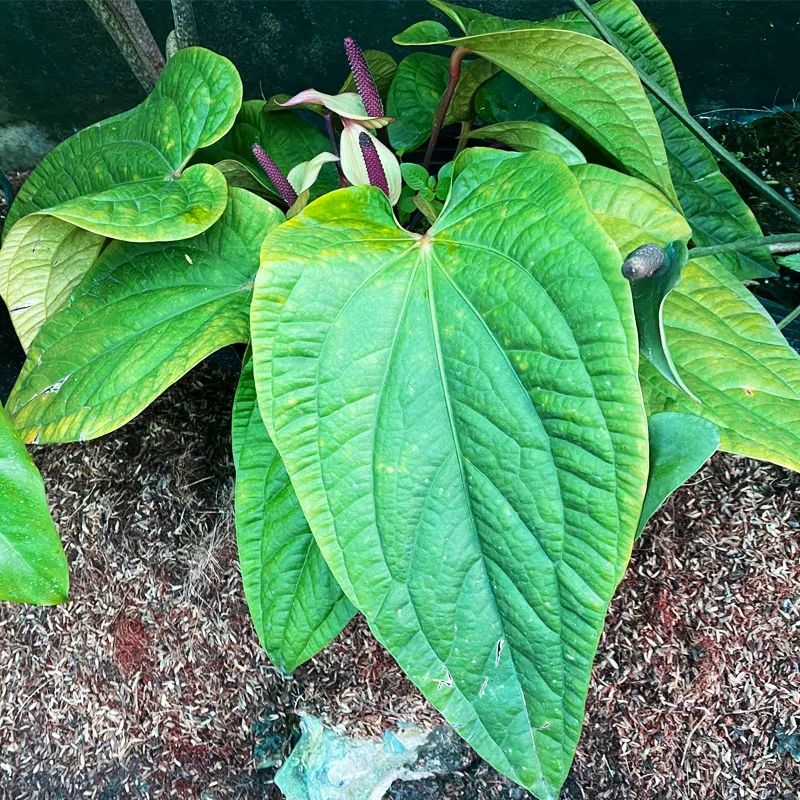
FAQs About Asparagus Racemosus
If you’re exploring the world of herbs and plants, you might have come across Asparagus Racemosus. I’ve been diving into this topic recently, and here’s a comprehensive guide based on my research and experiences.
210 Species in Genus Asparagus
What is Asparagus Racemosus?
Asparagus Racemosus, often known as Shatavari, is a perennial herb native to India and Nepal. It belongs to the asparagus family and is widely recognized for its medicinal properties. Unlike the common Asparagus vegetable we eat, Asparagus Racemosus is celebrated for its therapeutic benefits, especially in traditional Ayurvedic medicine.
Is Asparagus Racemosus the Same as Shatavari Root?
Yes, Asparagus Racemosus is commonly referred to as Shatavari in Ayurveda. Shatavari translates to “one who has a hundred husbands,” highlighting its reputation for enhancing female reproductive health. It is often used in supplements and herbal remedies to support overall well-being.
How to Use Asparagus Racemosus?
There are several ways to use Asparagus Racemosus. In traditional medicine, it is often consumed in the form of powders, capsules, or tinctures. You can mix the powder with warm water or milk. For those who prefer a more natural approach, you might find it in herbal teas. Always consult with a healthcare provider to determine the appropriate dosage for your needs.
What Does Asparagus Racemosus Smell Like?
Asparagus Racemosus has a mild, earthy aroma. It’s not as pungent or distinctive as some other herbs, making it a pleasant addition to various formulations. The smell can be subtle and is often masked by other ingredients in supplements or herbal products.
Is Asparagus Racemosus Gluten Free?
Yes, Asparagus Racemosus is naturally gluten-free. This makes it a suitable choice for those with celiac disease or gluten intolerance. When purchasing supplements or herbal products, it’s always a good idea to check the label for any added ingredients that might contain gluten.
What is Asparagus Racemosus Called in Marathi?
In Marathi, Asparagus Racemosus is known as “Satavari” (सातवारी). This name is used widely in Maharashtra and other regions where Marathi is spoken.
What is Asparagus Racemosus in Tamil?
In Tamil, Asparagus Racemosus is referred to as “Shatavari” or “Sathavari” (சதவரி). This reflects its significance and use in traditional medicine across different South Indian cultures.
What is the Difference Between Asparagus and Asparagus Racemosus?
Asparagus (Asparagus officinalis) is commonly known as the vegetable asparagus that we use in cooking. It’s valued for its nutritional content and culinary uses. In contrast, Asparagus Racemosus is primarily used for its medicinal properties. While both belong to the Asparagus family, they serve very different purposes. Asparagus Racemosus is not typically used in cooking but is rather employed in herbal remedies and supplements.
Asparagus Racemosus vs. Asparagus Officinalis
Asparagus Racemosus and Asparagus Officinalis, though related, differ significantly in their uses and benefits. Asparagus Officinalis, the common vegetable asparagus, is known for its high nutritional value, including vitamins and minerals. It’s often consumed as a food item. Asparagus Racemosus, on the other hand, is prized for its medicinal qualities, especially in promoting female reproductive health and boosting overall vitality.
Where Can You Buy Asparagus Racemosus Root in Phoenix, AZ?
In Phoenix, AZ, you can find Asparagus Racemosus root at local health food stores, herbal shops, or online retailers. Stores like Sprouts Farmers Market or Whole Foods might carry it in their supplement sections. Additionally, various online platforms offer a wide range of Asparagus Racemosus products.
How to Care for Asparagus Racemosus?
Asparagus Racemosus is relatively low-maintenance. It prefers well-drained soil and moderate watering. It’s a hardy plant that can tolerate a range of conditions, but it thrives best in a warm, sunny environment. In a pot, ensure it has good drainage to avoid root rot.
How to Propagate Asparagus Racemosus?
Propagating Asparagus Racemosus can be done through root cuttings. Simply take a healthy root segment and plant it in well-draining soil. Keep the soil moist but not waterlogged, and place the pot in a warm, sunny spot. With proper care, the roots will develop into new plants.
What to Plant With Asparagus Racemosus?
Asparagus Racemosus pairs well with other medicinal herbs and plants that have similar growing conditions. Consider planting it alongside herbs like Echinacea or Ginseng. These plants not only complement each other in terms of care but can also be used in synergistic herbal remedies.
Can You Grow Asparagus Racemosus Indoors?
Yes, Asparagus Racemosus can be grown indoors, provided it receives adequate light and warmth. A sunny windowsill or grow lights can help it thrive. Ensure good ventilation and avoid excessive moisture to keep the plant healthy.
Is Asparagus Racemosus Toxic?
No, Asparagus Racemosus is not toxic. It is considered safe when used appropriately. However, it’s essential to use it according to recommended dosages and consult with a healthcare provider, especially if you have any underlying health conditions or are pregnant.
Benefits and Common Problems
Asparagus Racemosus is renowned for its various health benefits, including its support for reproductive health, stress reduction, and overall vitality. Common problems include overwatering and poor soil drainage, which can lead to root rot. Ensure you follow proper care guidelines to avoid these issues.
Compare with Other Similar Items
When comparing Asparagus Racemosus with other herbs like Ginseng or Ashwagandha, it stands out for its specific benefits related to female reproductive health. While Ginseng and Ashwagandha also offer various health benefits, Asparagus Racemosus has a unique profile focused on enhancing vitality and supporting reproductive function.
In summary, Asparagus Racemosus is a versatile herb with a rich history in traditional medicine. Whether you’re using it for its health benefits or growing it as a plant, understanding its unique characteristics can help you make the most of this remarkable herb.
If i die, water my plants!



